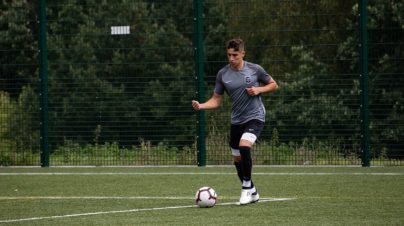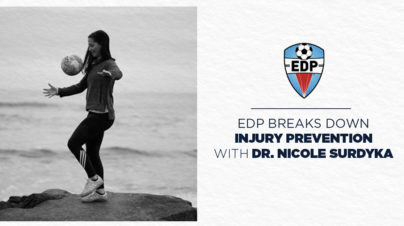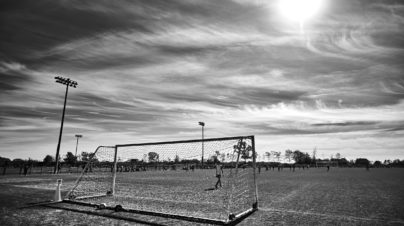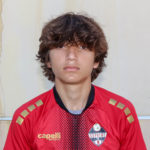Soccer Parents: 4 Key Mindset Changes Your Youth Player Needs to Make ASAP
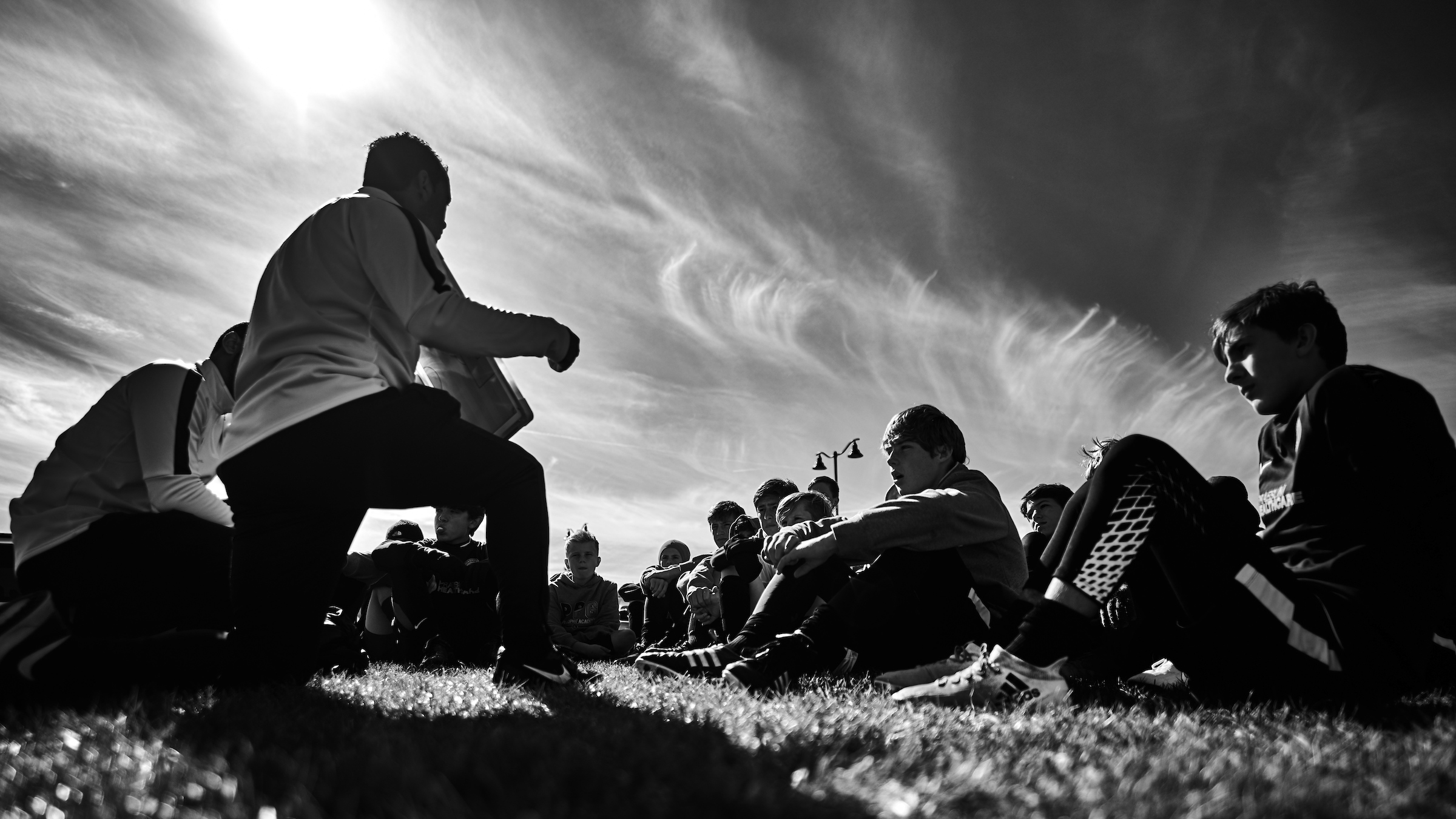
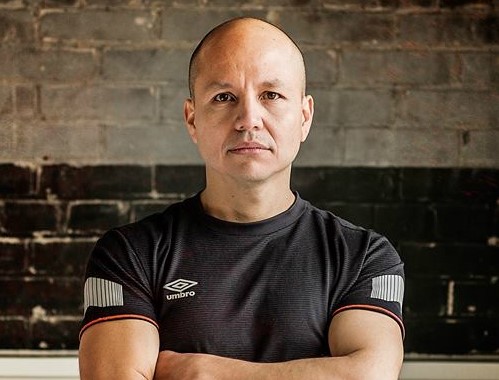 By Coach Gad Espinosa
By Coach Gad Espinosa
• Mental Performance and Diversity Coach
• Founder of Coach Gad Mental Toughness Academy
• Author of ‘Mental Toughness For Athletes‘
Soccer players put so much time and energy into developing their technical skills and fitness levels yet virtually ignore the most powerful part of their body – their brain!
Our brain tells our body how to feel and ultimately what to do.
This is why I’m excited to start the first of many regular contributions that will help your young soccer player build a stronger mindset so they can turn feelings of anxiety, doubt and frustration into higher levels of confidence, focus and resiliency.
This is a game-changer for soccer and life!
Today we’re going to focus on the four key mindset changes you can help your soccer player make right away. (Later in the article, I will show you how to get my complete guide on these 4 keys.)
In subsequent articles, I will expand on each key but for now, it’s important these changes start happening sooner rather than later.
Key #1: Embrace Failure
We’ve all heard it before. Failure is part of the athletic journey. However, it’s one thing to understand it, but a totally different thing to live it.
Young soccer players have to accept the fact that failure is going to happen at every practice and every game, no matter how talented they may be. By ‘embracing failure’, the mindset is that you’re going to take each of these situations and make a conscious effort to learn from them.
How? By asking questions: What did I do wrong? What can I do differently? What needs to change? Did I have full control of the situation?
These questions allow a young soccer player to take each situation as a learning experience, which prepares the mind for future similar circumstances. This reduces and eventually eliminates the fear of failure!
Key #2: Narrow Your Focus
Soccer players create unnecessary anxiety and doubt by focusing on far too many things, especially on those they can’t control. Hands up if you’ve seen a player or coach stay on a referee after a bad call? Heck, this was one of my biggest weaknesses as a player.
Whether it’s a referee’s bad call, a coach’s decision or the behavior of others, young players need to narrow their focus to only the situations they have 100% control over. There’s really only three:
- Physical Readiness – This has everything to do with being physically ready to compete. This includes everything from skill training, strength and conditioning, nutrition, sleep, etc.
- Effort Level – It doesn’t matter what the score is. Whether up by three or down by three, a player has full control of the effort they give all the time.
- Thinking – It’s the hardest of the three but there’s no doubt it’s the most important. That’s because a player’s thinking affects their feelings, which have a direct effect on their performance. If a young soccer player has their mind somewhere else, I can guarantee they are wasting their time and energy.
Key #3: Commitment Level Reset
Let’s start with what I feel is a good definition of the word commitment, which is: doing what a player needs to do to succeed, even if it might not feel good.
Wait a minute Coach Gad, shouldn’t soccer be enjoyable? Yes of course. For the most part, but for a player to push themselves to another level, they need to be comfortable with being uncomfortable at times.
This makes sense when they’re out on the field or in the gym. But for a young soccer player to develop to their full potential, they need to begin to train their brain, which can be uncomfortable when starting out.
Where to begin? It starts by blocking out 10 minutes once a week, that’s it. Have your child read and understand these 4 Keys that I’m covering today. Also at the end of this article, I’ll provide a link to get the expanded version.
By doing this little extra, your athlete will be doing what 99.9% of soccer players don’t do: train their brain. This is another level of commitment.
Key #4: Working Smarter – Not Harder
There’s no short-cut to success. Or is there?
Well, the truth is that all athletes have to put in the hard work to have a chance to succeed. But it’s not just about how hard you work. It’s about working hard and working smart!
What good is it for a young soccer player to have great skills and be a physical specimen if they let emotions overcome them?
In the world of performance psychology, there’s a secret that almost no young athlete knows about and it’s this…
- Our brain doesn’t know the difference between someone physically practicing a skill or thinking about practicing the skill. The same neural-connectors are formed and develop either way!
Now, I’ll get more in-depth about visualization in another article, but to start, get your young soccer player to start imagining what he or she wants to achieve. Have them imagine which new skills they want to develop, and which weaknesses they can improve on.
Also, remember the 10-minutes once a week I suggested (Key #3)? Well, your child can use this time to visualize!
There you have it: Four important mindset changes your young soccer player needs to make ASAP, so they can start becoming a mentally tough athlete.
P.S. – Receive my detailed guide on the ‘4 Keys’ by attending my free live webinar – 5 Steps to Being Mentally Tough & Thinking Like a Pro’. To watch, CLICK HERE!
—————
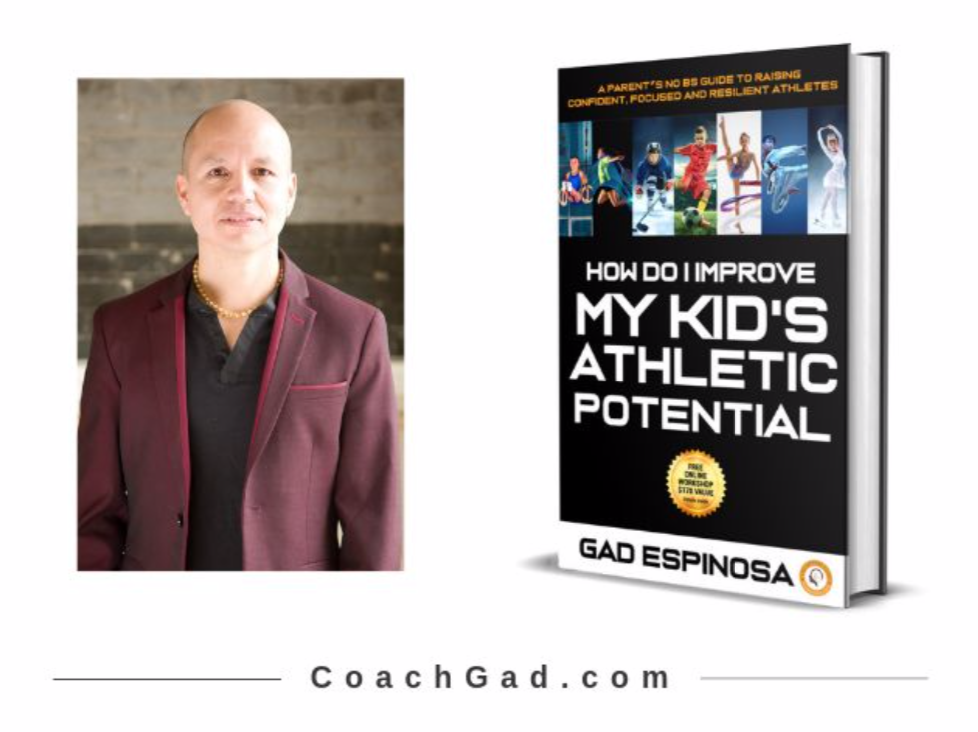 Gad Espinosa is a certified Mental Skills Coach, author, speaker and founder of the Mental Toughness Academy. He’s been interviewed in numerous newspapers, radio shows and podcasts. As a former professional athlete, who has represented his country internationally, a college Head Coach and father of two high-performance athletes Gad’s unique perspective allowed him to create the ‘Mentally Tough Athlete’ coaching program.
Gad Espinosa is a certified Mental Skills Coach, author, speaker and founder of the Mental Toughness Academy. He’s been interviewed in numerous newspapers, radio shows and podcasts. As a former professional athlete, who has represented his country internationally, a college Head Coach and father of two high-performance athletes Gad’s unique perspective allowed him to create the ‘Mentally Tough Athlete’ coaching program.
Clients include athletes and teams at all levels, from those just starting their athletic careers to full-time professional athletes and others who have gone on to represent their country and succeed at World Championships and Olympic Games.
Gad is passionate about helping athletes and teams discover mental strength breakthroughs that allow them to maximize their potential development not just in the quality of their athletic performances, but also in their life satisfaction and overall well-being.
SOCCERWIRE MARKETPLACE
- Wanted Licensed Youth Soccer Coach
- Join Official Elite Summer Soccer Camps with Europe’s Top Pro Clubs!
- The St. James FC Travel Staff Coach - North (Loudoun) & South (Fairfax)
- The St. James FC Girls Academy (GA) Head Coach - 2 teams
- The St James FC Boys Travel Tryouts
- OFFICIAL BAYERN MUNICH SUMMER CAMPS U.S.
- JOIN THE ALLIANCE!
- OFFICIAL FC BARCELONA CAMPS U.S.
- The Cup San Diego - Hosted by Legends FC
- Players Wanted - Undergraduate or Post-graduate


